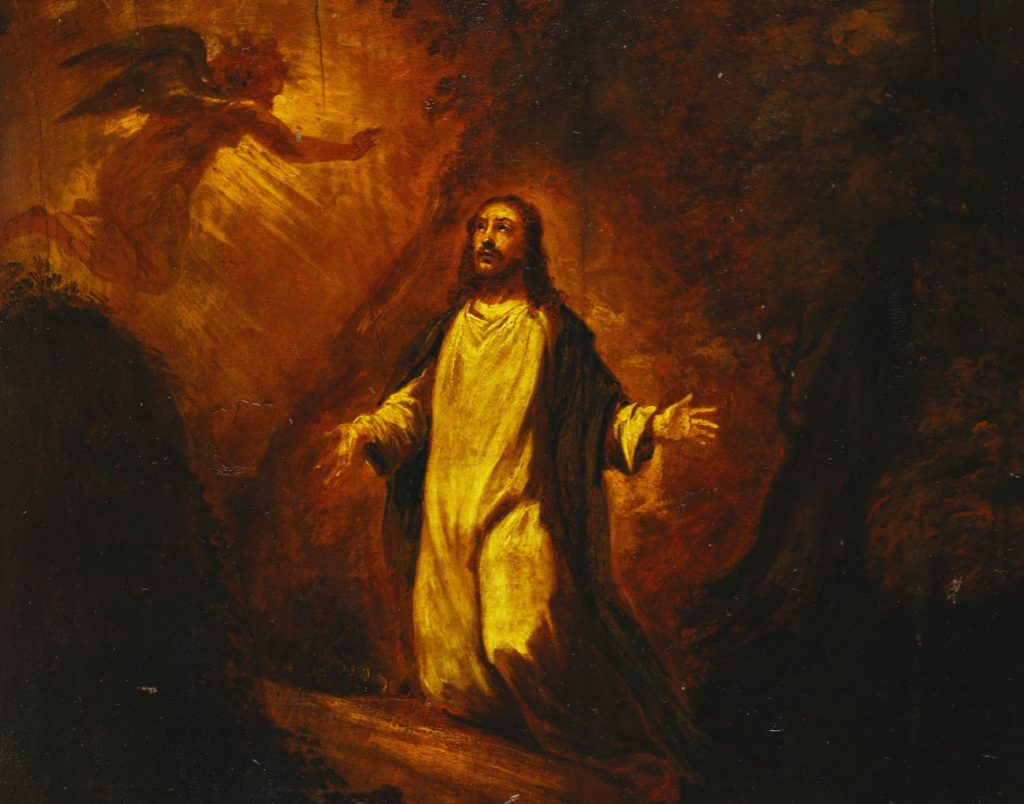Podcast: Play in new window | Download
Subscribe: Spotify | Email | RSS

In this episode I interact with “A Solution to Dale Tuggy’s Argument against Oneness Pentecostal Christology” – a blog post by Skylar McManus.
In this piece he critically interacts with the following argument of mine (from this blog post).
- Suppose that modalism is true about the Son.
- Therefore, either the Son is identical to God, or the Son is a mode of God. (2)
- The Son is identical to God only if whatever is true of God is true of the Son, and vice versa.
- Some things are true of God which are not true of the Son, and vice versa.
- Therefore the Son is not identical to God. (3,4)
- If the Son is a mode of God, then the Son at no time has a loving interpersonal relationship with God.
- The Son has had a loving interpersonal relationship with God.
- Therefore, the Son is not a mode of God. (6,7)
- Therefore, modalism about the Son is false; the Son is not a mode of God. (2,5,8)

He suggests that a Oneness Pentecostal, who is committed to 1 and 2, might sensibly escape the unwanted conclusion here (9) by denying premise 4.
That’s a bold move! But can 4 sensibly be denied?
In arguing for this McManus appeals to the key move made by analytic theologian Dr. Timothy Pawl in defense of the coherence of a two-natures doctrine about Christ. So along the way I explain some problems I have with Pawl’s take on incarnation.
Links for this episode:

- Skylar McManus’s blog Thought Life
- A Solution to Dale Tuggy’s Argument against Oneness Pentecostal Christology
- Classic Cars and Christology: Two Models
- podcast 143 – Dr. Timothy Pawl’s In Defense of Conciliar Christology – Part 1
- podcast 144 – Dr. Timothy Pawl’s In Defense of Conciliar Christology – Part 2
- podcast 124 – a challenge to “Jesus is God” apologists
- An argument against Son-modalism
- One-self Trinity theories
- No can eat: a Pawlian parable
- podcast 227 – Who Should Christians Worship?
- This week’s thinking music is “Self-Decieved” by XTaKeRuX.

Hello Mr. Tuggy,
If the miracle of being born-again is to be born of water and the Spirit, Jesus was born already born-again. Believing God’s still in the miracle business, is to be our only business. (John 3:5; 14:10)
water + the Spirit = man + God = Jesus = humanity 2.0
water + the Spirit = born-again
Jesus is Deuteronomy 18:15-18, the result of the Israel’s refusal to collectively become Messiah to the world, a kingdom of priests as per our Father’s eternal purpose. (Exodus 19:6)
In Gethsemane, Jesus was pleading with our Father about what the cross implied, their separation. All his life Jesus never trusted himself, never doubted himself and never felt scared. Else our Father is scared, in doubt and selfish. Jesus was born connected to the Source of eternal life, perfect love and infinite wisdom – our Father was dwelling in him. Jesus couldn’t have died unless he either sinned, separating himself from our Father, or our Father separated Himself from him. In Gethsemane, Jesus faithfully accepted the unimaginable, our Father’s departing from him.
creature + Creator = living creature under the Creator’s government = God’s eternal purpose
Thank you.
Hi Dale,
Thanks for the time you took on this post of mine. That post you made all those years ago was important to me, so it’s neat to have this interaction with you on this.
As for (2), what I think I meant by the additional options is this. When we consider Flint’s Model T and Model A views, and how Oneness Pentecostals use the term “Son,” it may be the case that “Son” does not refer to wither of those options in (2). On the Model A view, “Son” refers to that non-personal, compositional whole that includes the person of Christ as a “part.” So then “Son” is here neither someone (the person of) Christ himself may be identical to, nor is it clear that this compositional whole is some mode of Christ’s. Basically I didn’t want to rehash Flint’s two views in the post, as I had already done so in another that you also link to here.
As I point out in my paper too, Oneness Pentecostals often use “Son” to refer solely to the human nature. What you end up with is an equivocal mess, which I tried in that paper (and others I hope to write) to untangle.
If by “Son” we simply mean “the person of the Son” or something, then I think your (2) is just fine. But if we want to take into account all the ways Oneness Pentecostals do, or can, use “Son,” we should probably say more in the dilemma. That’s what I think I had in mind.
That “wither” should say “either.” Woops!
Comments are closed.